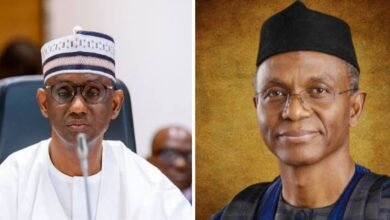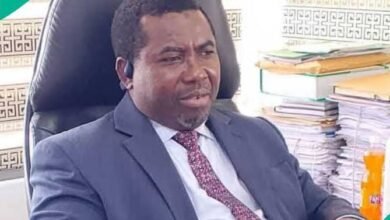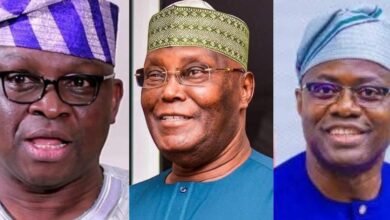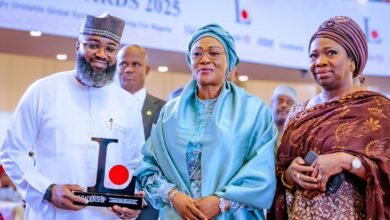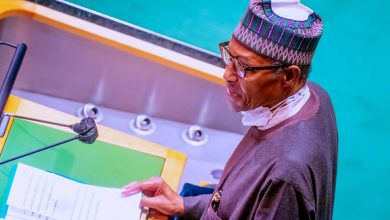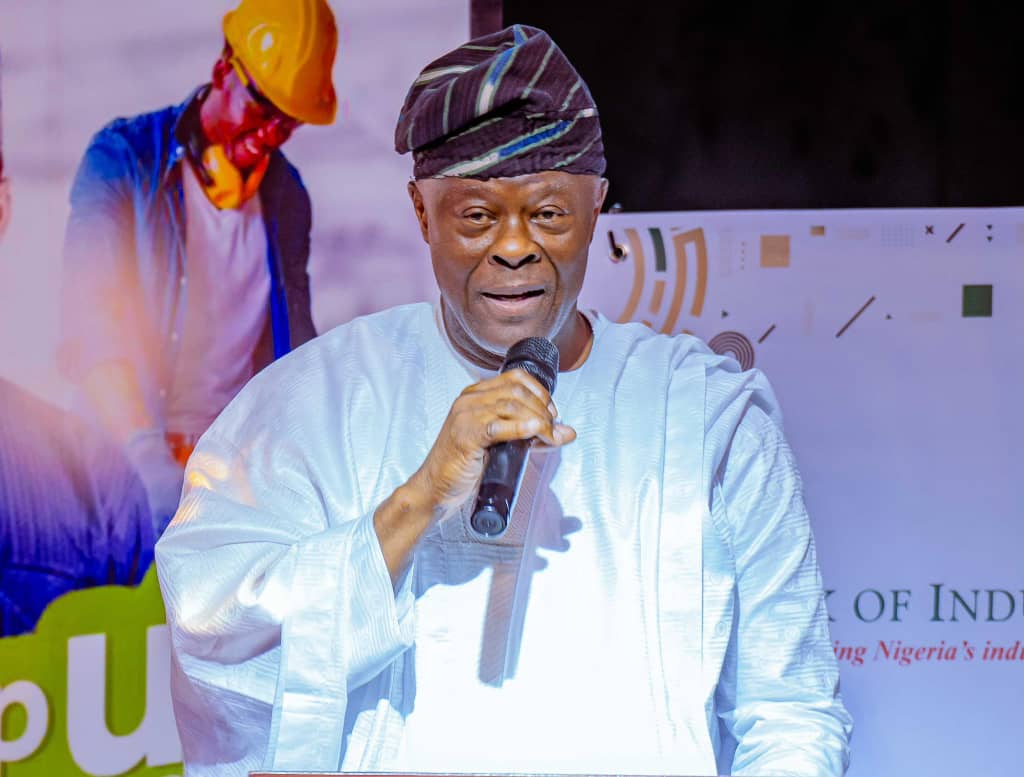
Minister of Finance, and Coordinating Minister of the Economy, Wale Edun is leading Nigeria’s delegation to the 2025 International Monetary Fund (IMF) Spring Meetings holding in Washington, D.C.
The meetings, taking place from April 21 to April 26 in the U.S. capital, are being attended by delegations from 190 countries.
Nigeria’s delegation comprises CEOs of financial institutions, private sector representatives, civil society organisations (CSOs), non-governmental organisations (NGOs), and other stakeholders.
The meetings, aimed at promoting global macroeconomic and financial stability in line with the IMF’s long-standing mission, will provide a platform for policy advice, surveillance of member countries’ economies, and financial assistance to nations facing balance-of-payments challenges.
The discussions will focus on building a better-balanced and more resilient global economy capable of withstanding economic shocks and promoting sustainable development.
Key activities will include analysing the global economy, conducting bilateral consultations with member countries, and providing support to countries navigating economic difficulties.
Discussions will also cover the global economic outlook, financial stability, and poverty eradication.
During the meetings, the IMF is expected to release its World Economic Outlook and Global Financial Stability Report.
The World Economic Outlook will offer analysis and projections of the global economy, while the Global Financial Stability Report will assess the state of the global financial system and highlight systemic risks.
The meetings will further explore the need for reforms to the global financial architecture to better support developing countries, address poverty, and promote inclusive economic growth.
Another key area of discussion will be how to address the economic impacts of climate change on nations.
The IMF and the World Bank—two intergovernmental organisations often referred to as the Bretton Woods Institutions—were established in 1944 to help rebuild the global economy after World War II.
While the IMF focuses on maintaining the stability of the international monetary system, the World Bank aims to reduce poverty and promote development in emerging economies.
The IMF also acts as a financial overseer, ensuring the smooth functioning of the global financial system, while the World Bank operates like a development financier, assisting countries in investing in their futures.
Specifically, the IMF conducts economic surveillance at both the national and global levels to monitor the health of its 190 member countries. It provides loans to countries facing balance-of-payments crises and offers guidance on strengthening financial regulations.
The World Bank, on its part, concentrates on reducing poverty and promoting sustainable development in developing countries. It lends funds for development projects, offers policy advice and technical assistance, and fosters knowledge-sharing and innovation to help countries overcome development challenges.

